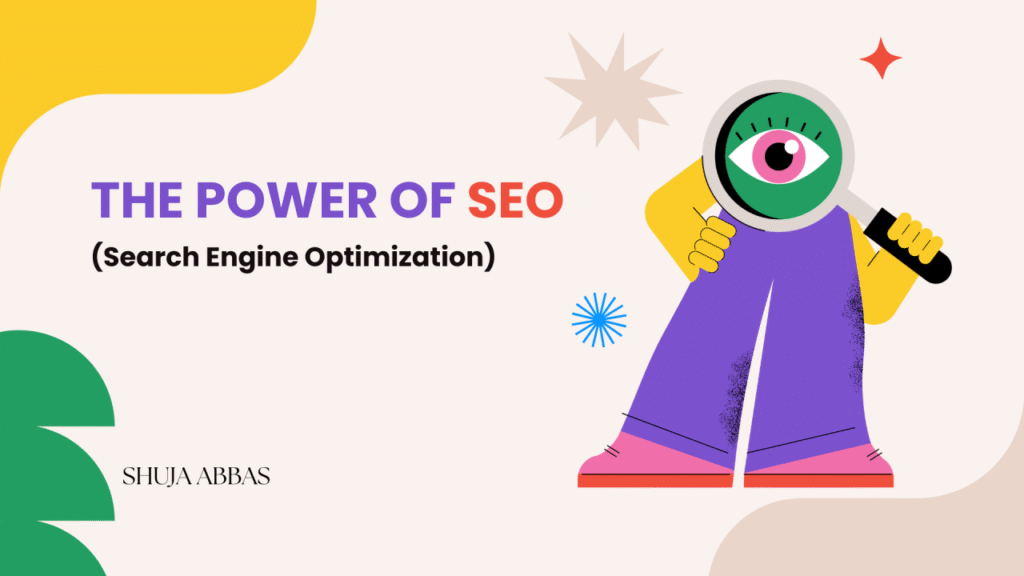In the ever-evolving world of WordPress website builders, two titans continue to dominate the landscape in 2025: Elementor and Gutenberg. As website owners and developers seek the perfect balance between functionality, ease of use, and performance, choosing the right page builder has never been more crucial.
Understanding the Fundamentals
What is Gutenberg?
Gutenberg is the default block editor in WordPress, first introduced in version 5.0 and now an essential component of the core WordPress platform. As the primary page builder, Gutenberg has undergone substantial changes since its controversial introduction, evolving into a powerful block-based editor that powers numerous websites globally.
What is Elementor?
Elementor stands as the most popular third-party drag-and-drop page builder for WordPress, offering both free and premium versions. Known for its intuitive visual editor and extensive design capabilities, Elementor has built a loyal following of designers and developers looking for pixel-perfect control without coding.
Performance Comparison
Website Speed and Core Web Vitals
In 2025, website speed optimization continues to be a crucial aspect for both search engine optimization (seo) and user experience. Gutenberg typically provides superior performance metrics from the start.
Gutenberg generates cleaner HTML with reduced nesting of div elements.
Pages built with Gutenberg tend to load faster due to their reduced reliance on external dependencies, resulting in improved performance on core web vitals.
Gutenberg’s lighter footprint results in reduced strain on hosting resources, requiring lower server requirements.
Design Flexibility
Visual Editing Experience
Elementor continues to excel in providing an unmatched visual design experience:
- True drag-and-drop functionality with precise positioning control
- Advanced styling options are accessible through intuitive panels
- Responsive design controls that allow different layouts for mobile, tablet, and desktop
Gutenberg has significantly improved its design capabilities:
- The Full Site Editing (FSE) experience has matured considerably
- Pattern libraries and reusable blocks offer greater design flexibility
- Third-party block libraries have expanded creative possibilities
Feature Set Comparison
Built-in Features
Elementor Pro offers an impressive array of features:
- Theme Builder for creating headers, footers, and entire site templates
- WooCommerce Builder for customizing every aspect of e-commerce stores
- Form Builder with advanced functionality
- Popup Builder for creating targeted conversion elements
Gutenberg now includes many previously premium-only features:
- Global Styles for consistent design across your site
- Templates for various content types
- Integration with WordPress block themes for full site editing
- The growing ecosystem of core blocks that cover most common needs
Learning Curve
Ease of Use for Beginners
For absolute beginners in 2025:
- Gutenberg offers a gentler learning curve with its standardized block approach
- The WordPress block editor feels more intuitive for content-focused websites
- The consistency with the WordPress admin interface reduces cognitive load
Elementor requires slightly more time to master:
- The interface contains more options and settings to navigate
- The powerful design controls come with additional complexity
- The separation between content and design is less distinct
Cost Considerations
Pricing Models
Gutenberg comes free with every WordPress installation, making it the most affordable option:
- $0 for core functionality
- Additional features available through free and premium block plugins
Elementor follows a freemium model:
- Free version with limited but useful features
- Elementor Pro starts at around $59/year for a single site (2025 pricing)
- Agency bundles for multiple sites at higher price points
SEO Implications
Search Engine Optimization
Both builders can create SEO-friendly websites when properly implemented:
- Gutenberg generally produces cleaner HTML markup beneficial for search engine crawlers
- Elementor offers dedicated SEO features and integrates well with popular SEO plugins
- Page speed, a crucial ranking factor, tends to favor Gutenberg-built sites
Future-Proofing Your Website
Long-term Sustainability
When considering website longevity:
- Gutenberg, as part of WordPress core, guarantees long-term support and development
- The risk of “builder lock-in” is lower with Gutenberg
- Content remains accessible even if you switch themes or builders
Elementor has proven its staying power:
- Regular updates and a strong development roadmap suggest continued support
- The large user base ensures a healthy ecosystem of extensions and templates
- Migration tools have improved for transitioning away if needed
When to Choose Gutenberg (2025)
Gutenberg is the superior choice when:
- Website performance is your top priority
- You’re building a content-focused blog or publication
- You prefer working within the native WordPress ecosystem
- You’re comfortable with a more structured block approach
- Budget constraints make premium builders impractical
When to Choose Elementor (2025)
Elementor remains the better option when:
- You need precise visual design control without coding
- You’re creating complex custom layouts or landing pages
- You require advanced features like theme-building capabilities
- Your project benefits from the extensive template library
- Client handover requires an intuitive interface for non-technical users
The Hybrid Approach
Many developers in 2025 are adopting a hybrid strategy:
- Using Gutenberg for standard content pages and posts
- Implementing Elementor for specialized landing pages and complex layouts
- Leveraging the strengths of each platform where appropriate
Conclusion
In 2025, the decision between Elementor and Gutenberg will depend on your unique requirements, technical proficiency, and project goals. Gutenberg has bridged the functionality gap that used to separate it from other websites, establishing itself as a formidable competitor, even for intricate online platforms. Simultaneously, Elementor continues to enhance its product, striking a balance between cutting-edge features and enhanced performance.
For individuals who are new to coding or those who prioritize speed and efficiency, Gutenberg offers the most straightforward approach. For individuals involved in design and those who desire maximum design flexibility without the need for coding, Elementor remains the go-to tool.
Whether you select the first or second option, both page builders have the capability to create professional, responsive websites that adhere to current web standards. The most effective approach may be to try out both methods and assess which one suits your workflow and project needs more effectively.
Need Help Choosing Between Elementor and Gutenberg?
Still unsure which WordPress page builder is right for your specific project? Our WordPress development experts can analyze your unique requirements and provide personalized recommendations.
Contact us at support@nexaeagle.com to schedule a free consultation and discover how our WordPress expertise can help you choose the perfect page builder for your 2025 website goals.
Whether you’re looking to optimize performance, enhance design flexibility, or maximize SEO potential, our team can guide you through the Elementor vs Gutenberg decision with confidence.
What’s your experience with these WordPress page builders? Have you made the switch from one to the other in 2025? Share your thoughts in the comments below!


